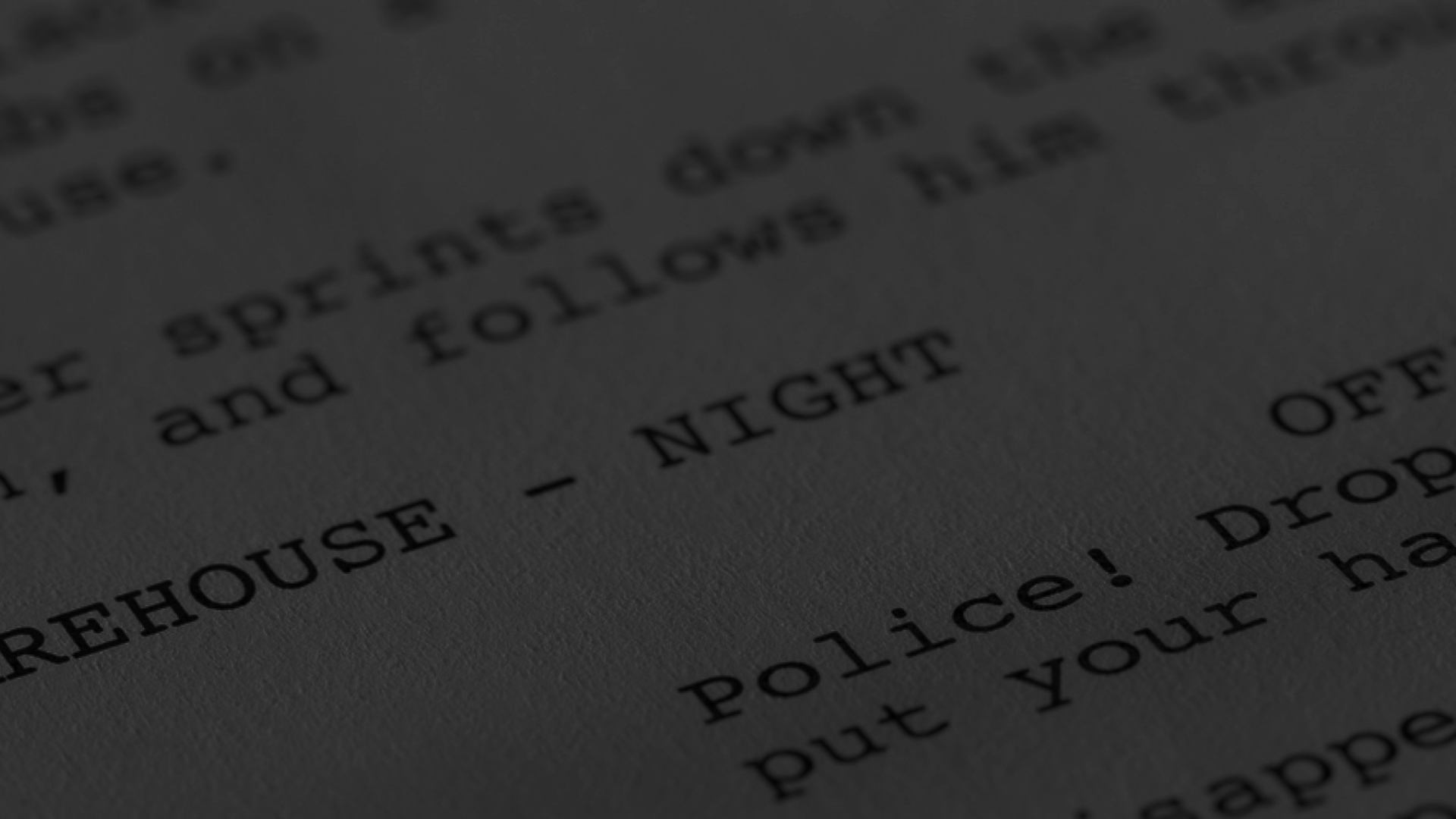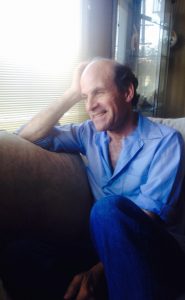Brian Karl : ” People could get along so much differently if they weren’t all trying to relate through the same homogenous narratives piped through commercial film channels.”
“

Brian Karl : ” People could get along so much differently if they weren’t all trying to relate through the same homogenous narratives piped through commercial film channels.”
“
I’ve long been fascinated with outsider cultural producers of one kind or another: not only socially isolated and otherwise self-taught visual artists but, in another somewhat different realm, would-be popular music makers. Even those who don’t “make it” in terms of greater market success can have highly individual and sometimes very creative modes of expressing themselves and making culture. And that prompts other questions about creative culture, such as where do ideas for creative production come from, or how are key elements imitated, borrowed, and distorted in their adaptation for new creative projects, knowingly or not?
Looking or listening to the outcomes of these kinds of idiosyncratic visions, it’s tantalizing to think of the many might-have-been alternatives to prevailing culture and what that might mean for different possible social relations. People could get along so much differently if they weren’t all trying to relate through the same homogenous narratives piped through commercial film channels.
Coming across Barker’s story–and thinking about both the films but also the many experiences he helped generate among local actors and audiences–it’s almost like a retro science fiction fantasy to imagine the alternate society that could have blossomed if more local, participatory projects like his had proliferated in a broader way. Learning a bit about Melton Barker’s long and strange odyssey, I quickly came to the thought: “May a thousand Local Gangs bloom!”
It’s interesting to think about the idea of not only repetition but also the cultural templates or archetypical stories playing out in different times and through different media. Certainly there is a sign of how culture works similarly in thinking about how on Tiktok, young would-be influencers take up the same song clip or meme and remake it, d-i-y, and how, in an earlier era and with different technology, Barker adapted a real-life event like the Lindbergh kidnapping, which was celebrated in the media, and mashed that up with a “let’s put on a show!” storytelling mode, to be revisited over and over, and also how that genre of kids corralled into a theatrical production no doubt preceded even those earlier generations of Hollywood serials like “Our Gang” and “Little Rascals.”
I am also struck by the differences between newer and earlier media technologies. Compared to the fast-paced, super-brief excerpts and the many pre-fab templates and other easy means that technologies like smartphones offer, feeding in and out of the TikTok platform (and before it, other platforms Vine and YouTube), earlier cultural producers like Barker faced different challenges. To realize each version of his repeating project, Barker had first, of course, to physically travel in wide geographical circuits and coordinate less reliable and easy-to-manage recording apparatuses through highly direct social interactions with entirely new casts of strangers each time. There was also the much less instant gratification of having to wait while old-school film gets processed and the anticipation of a very different kind of “destination” event than TIkTok’s instant upload and viewing capacities (and its more viral potential).
It’s been a really interesting process of some research into the limited information on Barker and his life, including viewing of some of the surviving footage from his own productions dating back several generations. A lot the early drafts involved me groping around for not only what life might be like for him, apparently on the road for much of his adult life, and what that might feel like in the mid-20th century United States, but also what might motivate somebody to pursue a career like this, how they might be thinking of the creative work they are doing in relation to other people involved, and, of course, how those others might judge what he is doing.
I shared early drafts with writer friends for feedback, along with, later on, colleagues who were film professionals of one kind or another (including more than one pitch session with potential producers who offered notes). I didn’t, of course, take all the feedback (which at times became quite contradictory) but it helped me understand what possible trajectories different folks expected to see in a story of an unusual character like this one versus what I was envisioning. One production company rep gave me notes that he thought Barker should “stay put” in one location to help build viewer connection – which, of course, would deny, in many ways, some significant aspects of Barker as a “nomadic” filmmaker and witness to a broader continuum of small-town Americana culture. And my mother thought Barker should have a dog as a companion on the road!
Naturally, I know that a screenplay is a form of writing that is especially never “finished” until it’s finished. So when the film version actually gets produced, the story will likely get further revised and adapted to suit a shifting larger concept that will likely develop in interaction with other creative folks: potential producers, directors and specific actors especially.
Casting is such a fun speculative project to undertake. It’s possible to picture some big-name star like Leonardo DiCaprio or Johnny Depp being able to put a kind of dumpy pathos into the role of Barker as a middle-aged sort of cultural solider of the road—especially in those actors’ proven abilities to project slyness to the point of a kind of grifting scam artist.Or, at a slightly less famous level, and with a different very nuanced human quality of middle age, a differently weathered actor like Chris Cooper or David Straitharn, men of obvious intelligence who are also vulnerable to great and fundamental failings in the slipstream of the worldly circumstances, whether moral or practical or both.
Part of me sees this as a narrative that is approaching the almost-mythical even while staying mostly grounded in the ordinary and everyday, and that suggests that perhaps a lesser-known actor might do well in the role ultimately.
This also points to what type of cinema the final outcome might look and feel like. I picture much of the finished film shot in the muted yet crisp black and white of films like Bogdanovich’s The Last Picture Show or Paper Moon (both appropriate to the back roads and under-resourced hardscrabble small towns of the films; settings in the U.S.) or the down-to-earth realism of a film like Wim Wenders’ early Kings of the Road (another picture about itinerant film presenters). There’s a quality about the ambience in all these films that is both unadorned and unpretentious while also glimmering with the sense of an ambience that is almost super-real.
If this realistic yet very luminous and present-in-each-moment style governed the film’s look and feel, there could also be shifts into two additional styles to tease out both the cruder, industrial-grade of Barker’s own productions (shot mostly outdoors and with natural light on small-gauge film stock less elegantly processed) and, at another level, only breaking through momentarily once or twice in the course of the film, the bright, even sometimes brash, phantasmagoric colors of 1960s films like Věra Chytilová’s Daisies or Antonioni’s Blow-Up., This last style could suggest some of the more visionary qualities of even a filmmaker like Barker, producing the same story again and again, but always with a new cast and in a new setting—where the possibilities of what a creative mind might be imagining, hoping and trying for, could be so much greater than what ever actually gets made and seen.
THE SCREENWRITER
Name: Brian Karl
Screenplay: Local Gangs
From: USA
